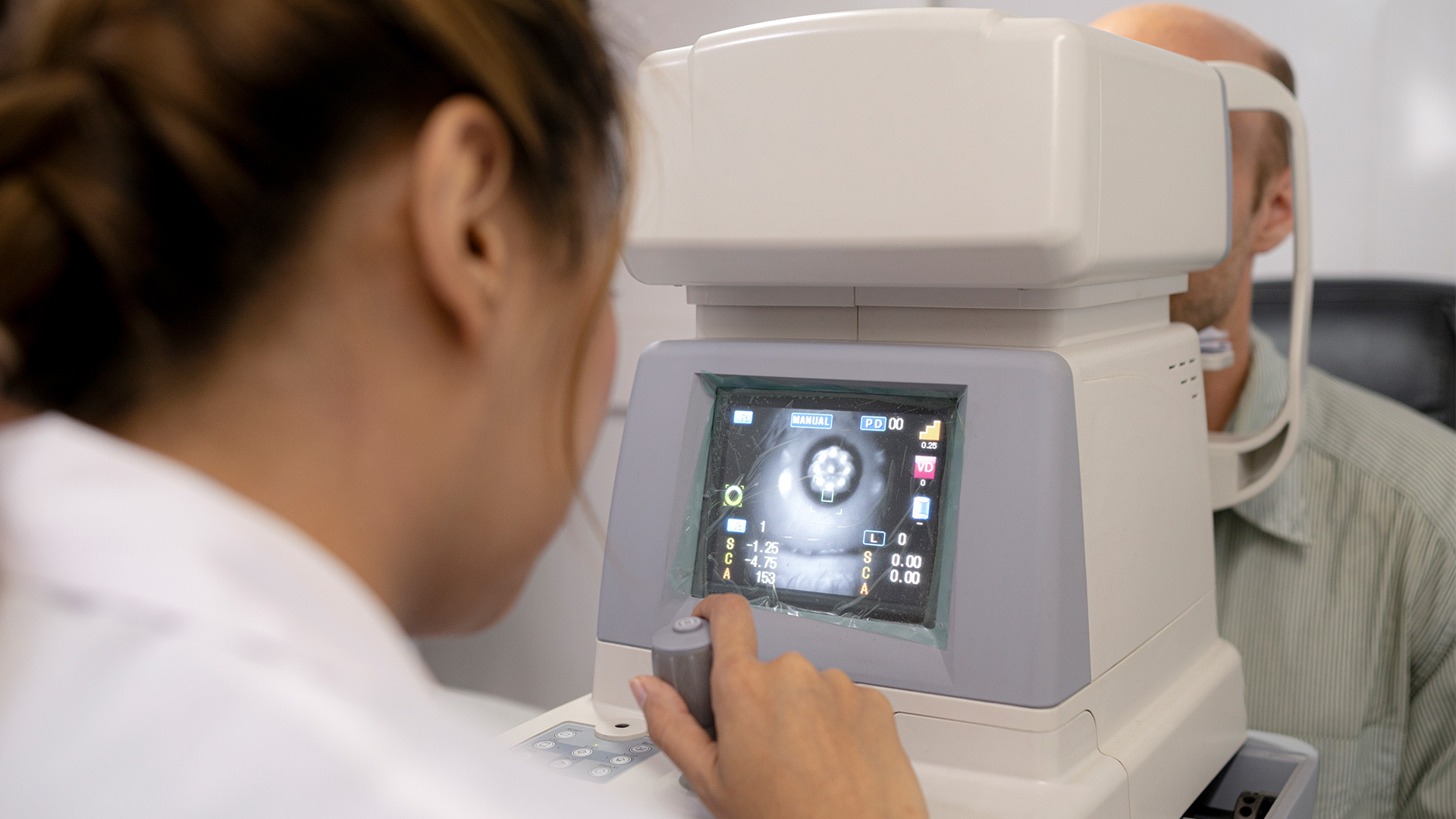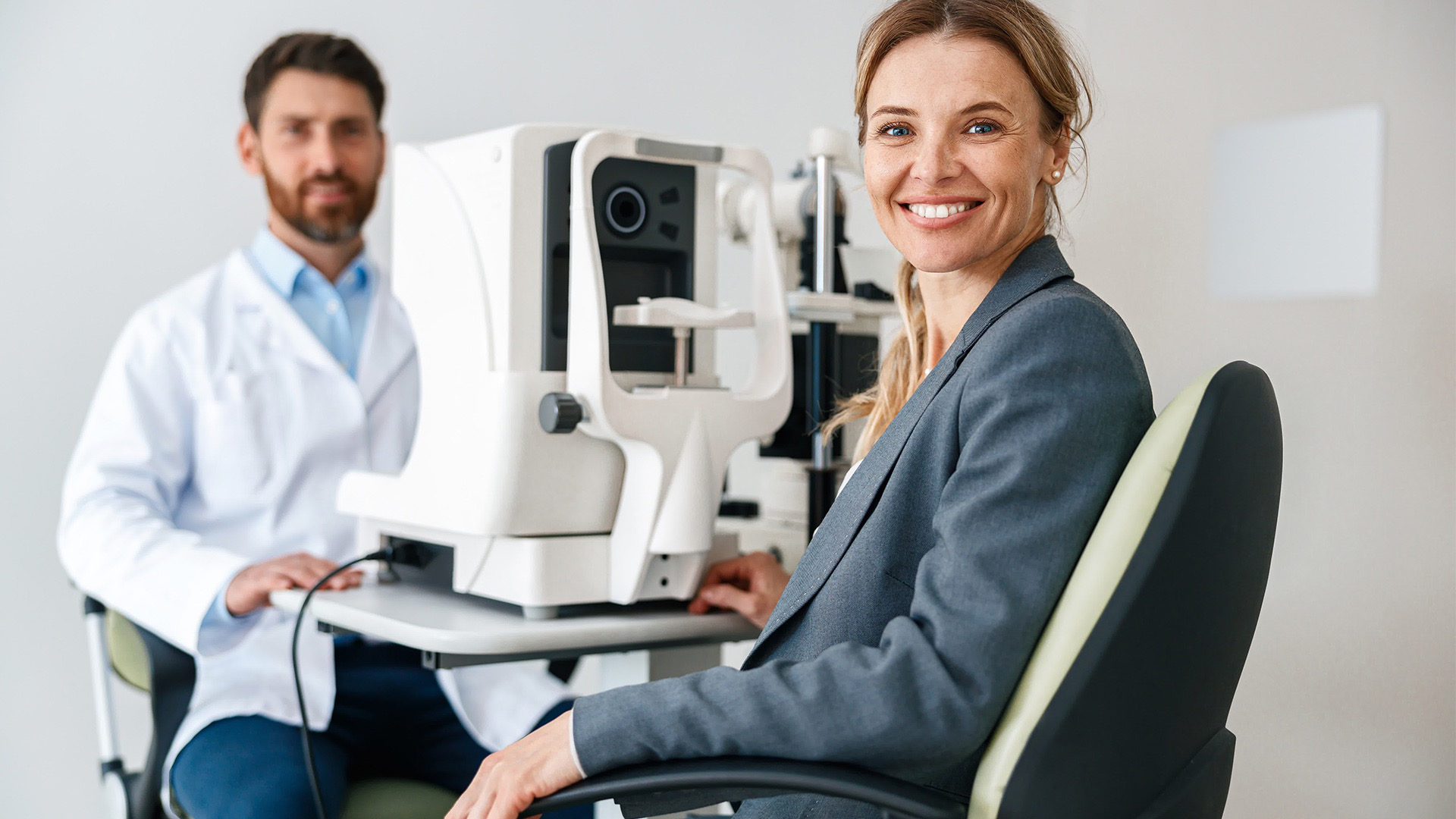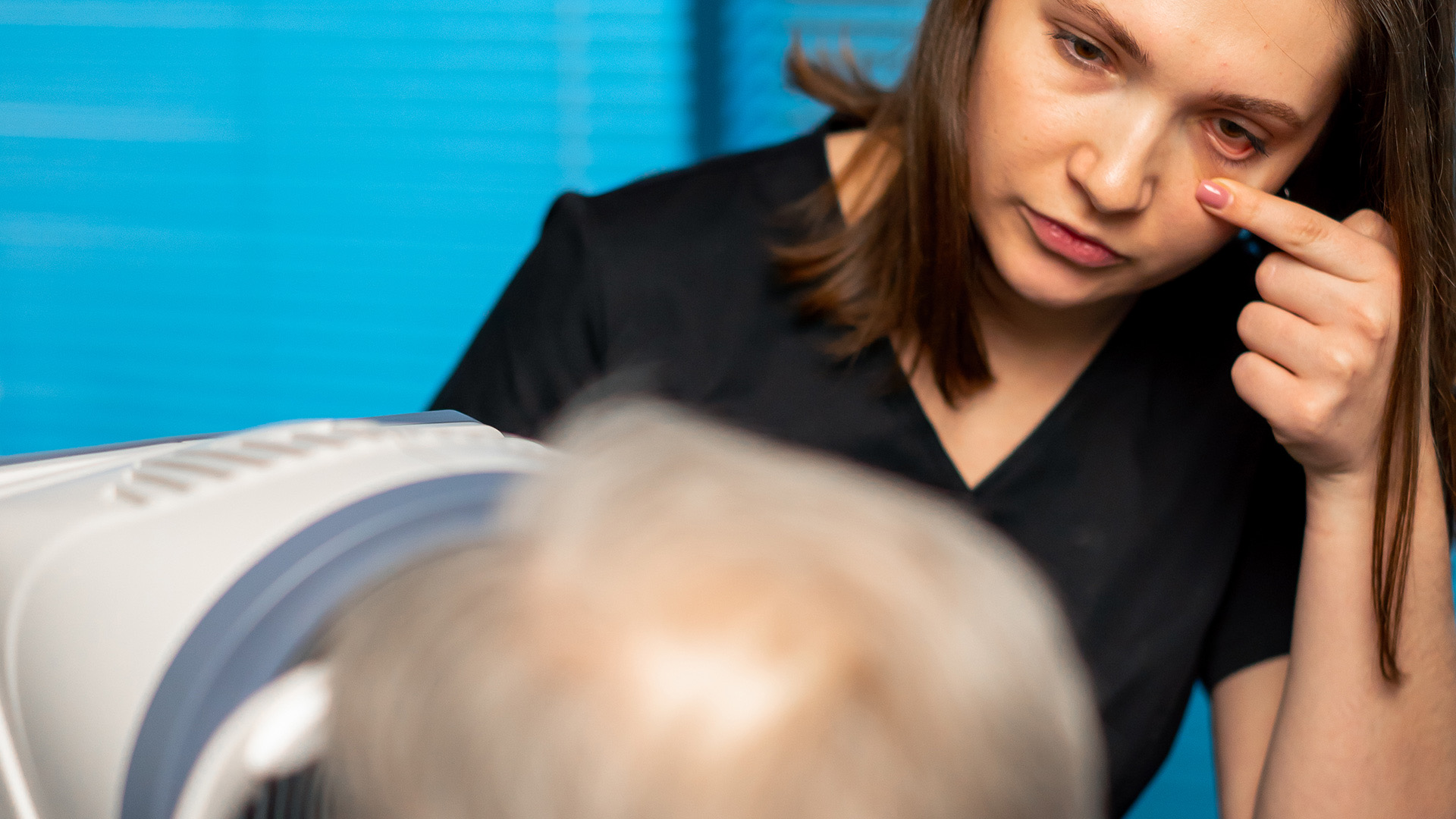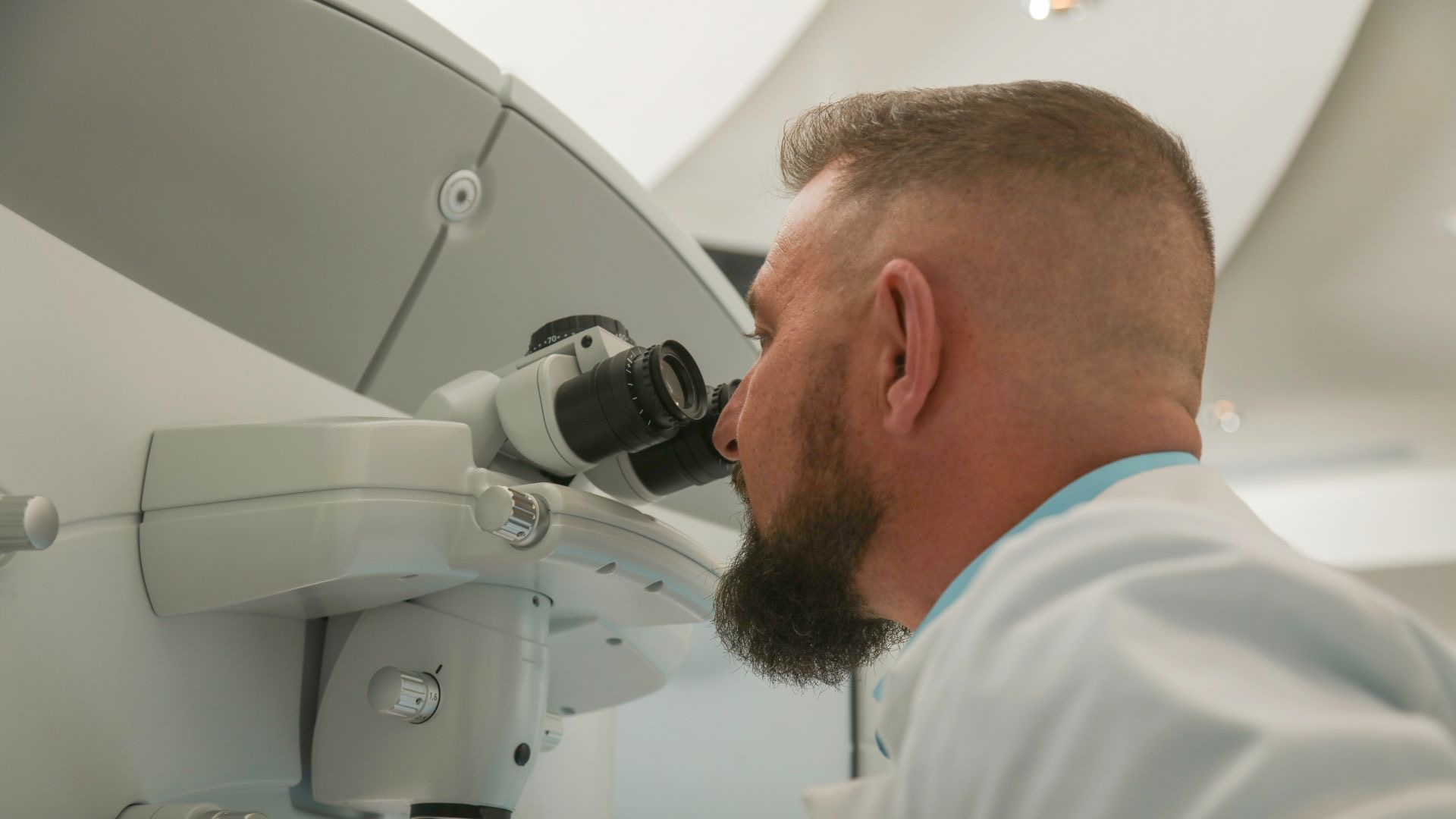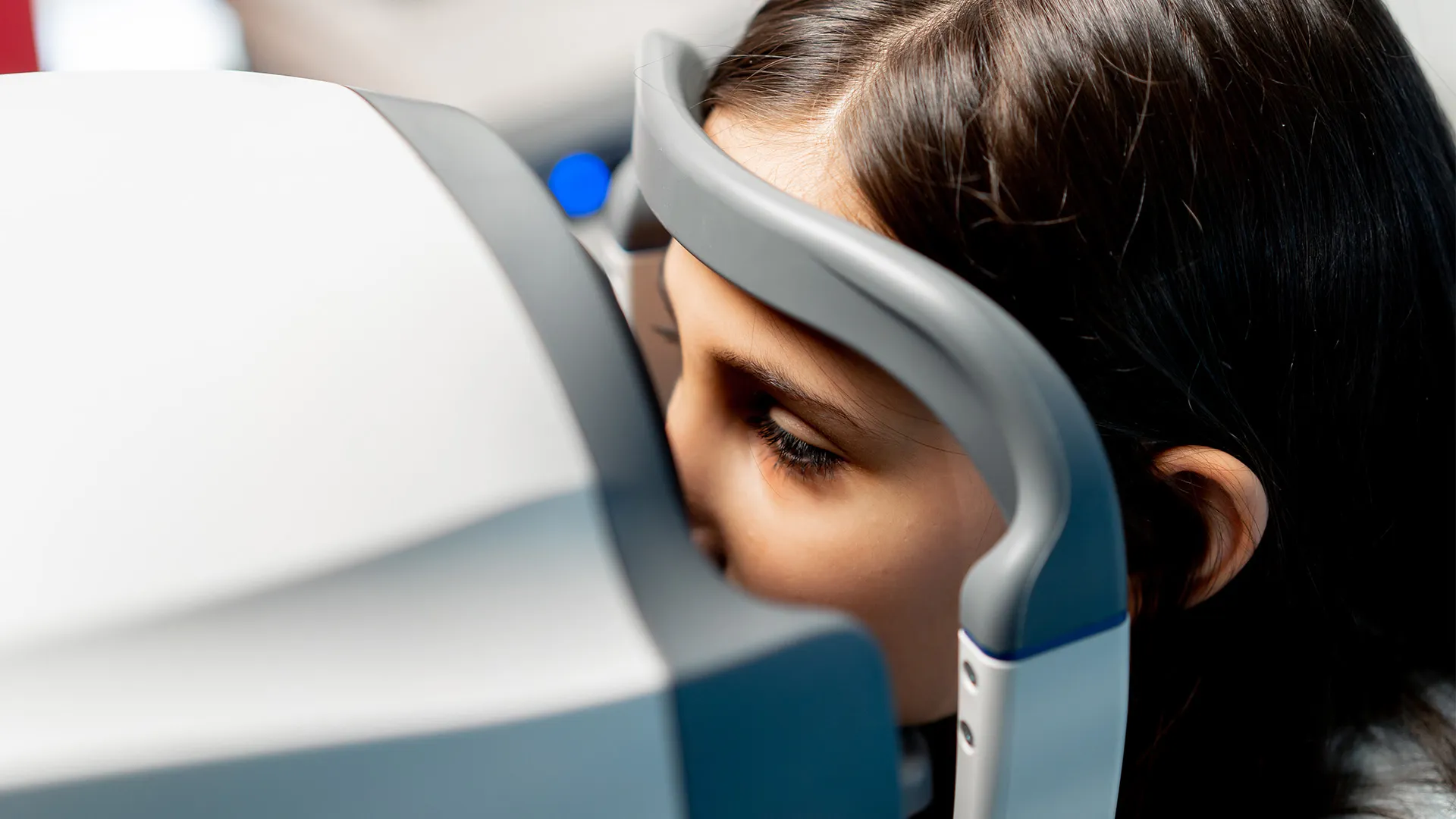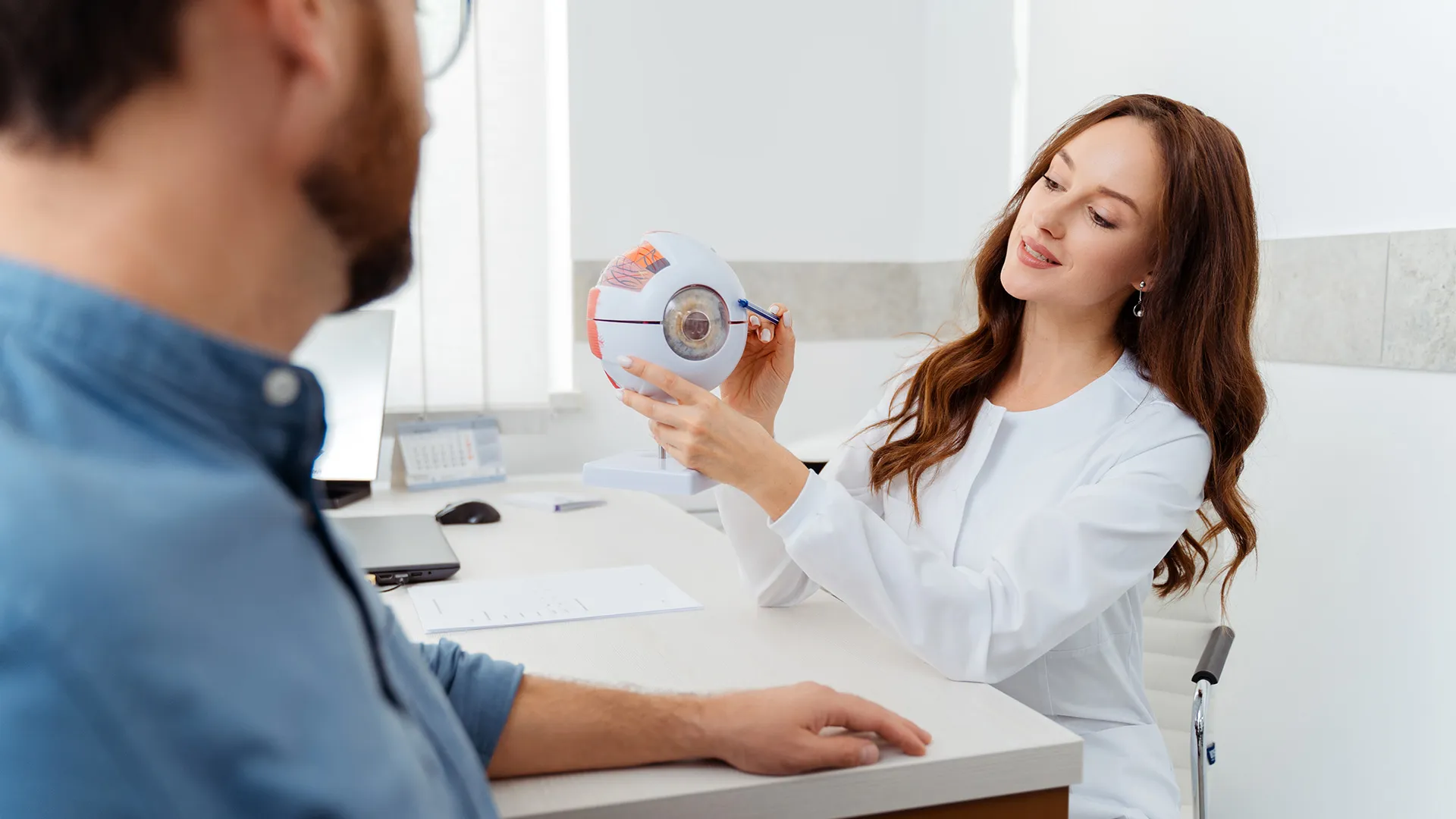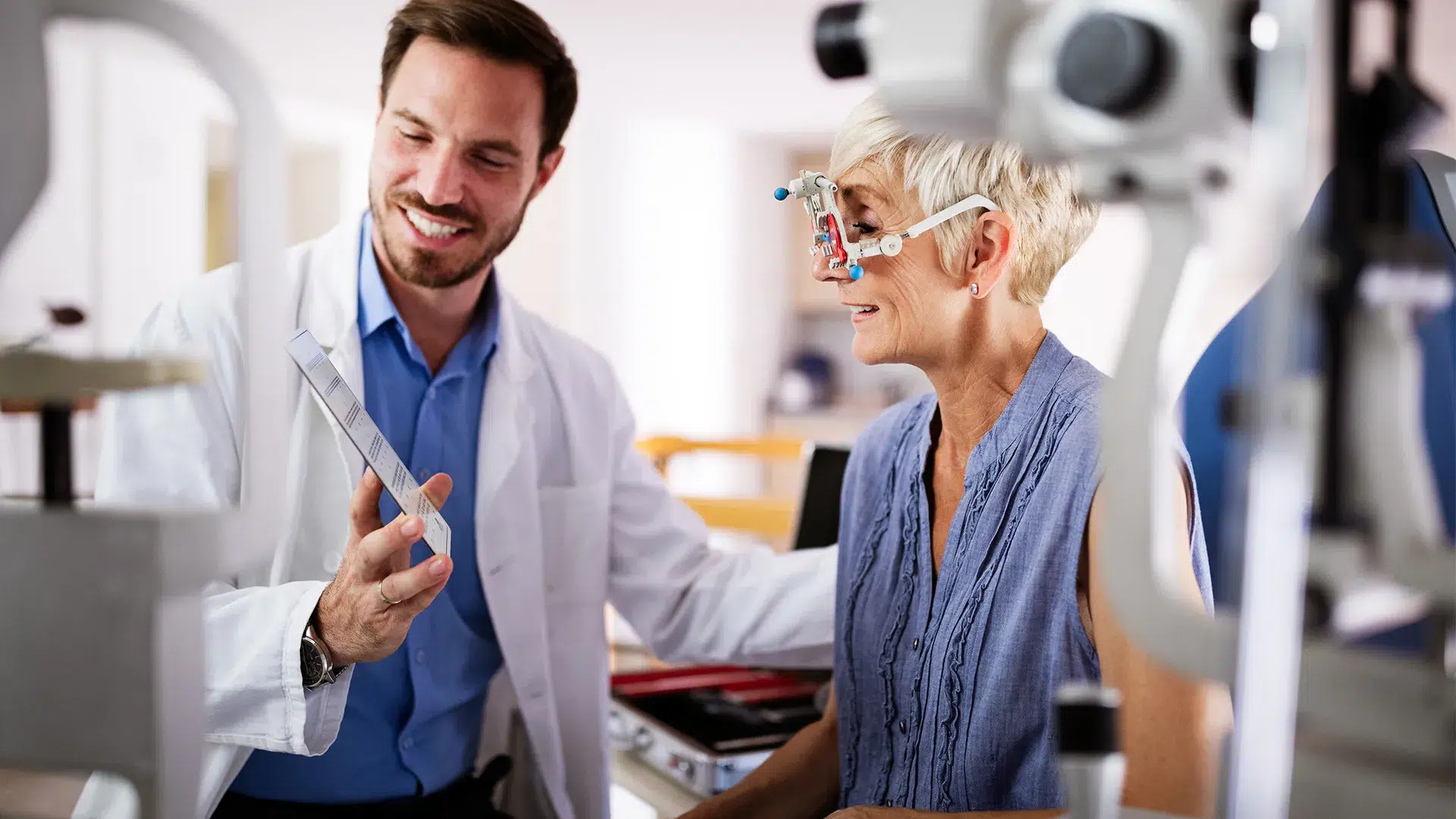Our Articles
Explore our most current tips, news and informational articles on how to take care of your vision, laser eye surgery and refractive solutions, and the latest in vision correction technology. Our mission is to enable you to make the best decision for your particular goals and lifestyle.
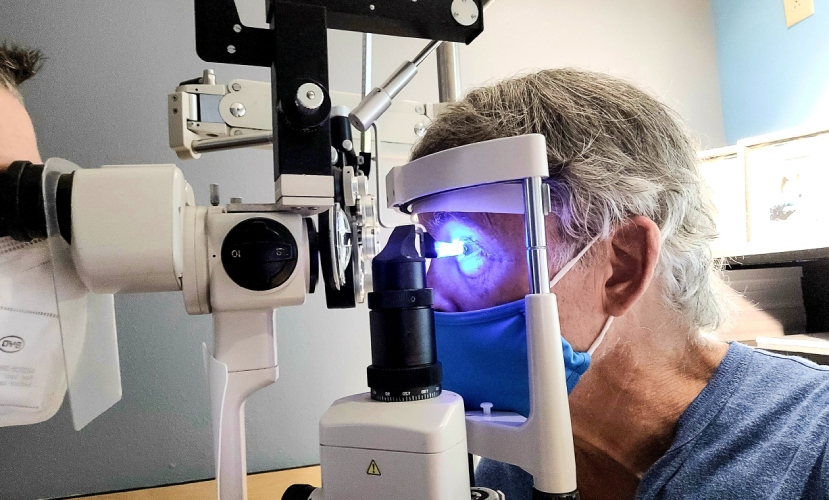
Categories
For me, one of the surprises of LASIK is how often it is performed on people who don’t wear glasses. When I was deciding on becoming a LASIK surgeon, I never imagined people would benefit from LASIK if they didn’t wear glasses. It seemed like being an obstetrician and wondering about delivering babies to [...]
If you’re wondering about the chances you’ll need to have an enhancement after your original LASIK procedure, you have a group of many thousands of friends who have asked the same question before LASIK. It’s one of the final questions people have when they’re deciding on whether or not to “go for it” and get [...]
My LASIK was done with a blade. I was in medical school, and I used the extra “miscellany” loan available to get LASIK instead of buying petty things like food or gas. The interest rate for it was something insane, like nine million percent. I had it done in 2004, and I’m still (this is [...]
Discover the warning signs of LASIK complications, from blurry vision to severe side effects. Know the risks before choosing corrective eye surgery.
Full disclosure: I may have some bias on this topic. Since you’re asking this question to a LASIK surgeon (at least unintentionally by reading the title) you can safely assume that I think LASIK is pretty neat. Does that mean I hate glasses and contacts? By no means! The same way an orthopedic surgeon [...]
As you start reading this, you may have the thought, “One thing we can all be sure of is that this guy isn’t going to say that all LASIK is the same.” And you were so right if you thought that. Sure, it would be compelling to start with some big reveal that LASIK is [...]
Today, I hope to clear up a few LASIK myths. That way you can avoid worrying about problems that don’t exist, or avoid experiencing those that do. LASIK happens to be one of those technologies almost everyone knows about, and almost no one understands. Like any popular but somewhat incomprehensible subject, people will often [...]
The answer to this is a resounding “sometimes.” As in most medicine, there is enough variability from person to person that blanket yes or no answers can’t work. This isn’t the same, however, as saying we don’t know if it will probably give you better vision than with your glasses. The “sometimes” in this [...]
When I first saw the topic for this article, I was hit immediately with an intense struggle between humility and transparency. Truth be told, it’s pretty hard to be a LASIK surgeon. Saying that so straightforwardly feels socially inept, though. I’m not sure why that is. It’s just a fact of life that someone [...]
Magruder Laser Vision introduces Light Adjustable Lens in Orlando. Experience precision vision, your way, no travel needed.
As a former glasses wearer, and current daily listener to complaints about glasses, I present the following top 10 grievances. They are listed in order of grief. 10. I hate having to update the prescription every year or two People don’t like doing this. How do I know? I’ve been yelled at twice this [...]
If you found this article by searching to find a reason for this odd phenomenon, then you probably already know this happens when you have had LASIK surgery. Or maybe you were hoping to find out you’re not weird and thought it was worth checking to see if being able to taste a liquid that [...]

